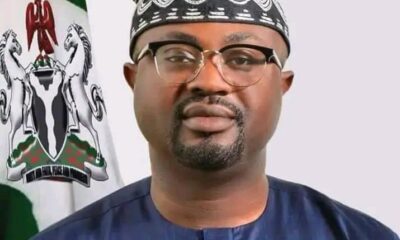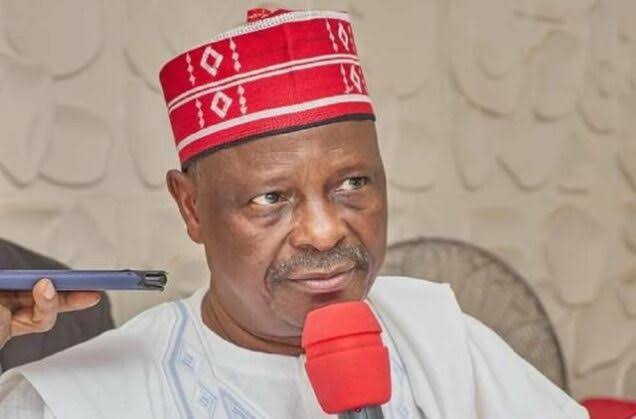Opinion
Immigration’s arrest of Bobrisky is illegal, by Festus Ogun

Nigeria Immigration’s recent arrest of Bobrisky while traveling out of Nigeria on the basis that “he is a person of interest over recent issues of public concern” is arbitrary, illegal and unconstitutional.
Denying of a Nigerian citizen from his country without a legal basis is entirely wrongful. There is no charge currently pending against Bobrisky. What exactly is the offence allegedly committed by Bobrisky that would warrant his arrest and continuous harassment? I mean, what is the legal justification for denying him the right to freedom of movement and personal liberty guaranteed under the 1999 Constitution?
I am afraid there is no legal justification for this recent arrest and refusal of exit from Nigeria. The Nigeria Immigration Service (“the NIS”) must desist from toying with citizens fundamental rights on grounds that are not rooted in law. If the NIS is allowed to get away with this, the Nigerian state would not hesitate in using this trend to restrict the freedom of its citizens (particularly journalists, activists and vocal patriots) to exit the country on the basis that they are “a person of interest”.
We must avert this perilous precedent. Lest, we are all a risk.
May the shovel we call spoon today not be used to dig our graves.
-

 Crime and Law2 days ago
Crime and Law2 days agoUpdated: Police react to death of 14-year-old boy during traffic chase in Ibadan
-

 Politics2 days ago
Politics2 days agoTinubu can’t win 2027 election – El’Rufai
-
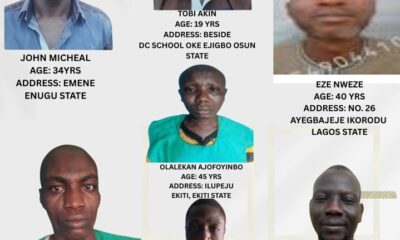
 Crime and Law1 day ago
Crime and Law1 day agoNCoS unveils faces of fleeing inmates, places N5m cash reward for info
-

 Politics12 hours ago
Politics12 hours agoBreaking: Peter Obi breaks silence on secret Rome meeting with Tinubu amid ₦225bn debt
-
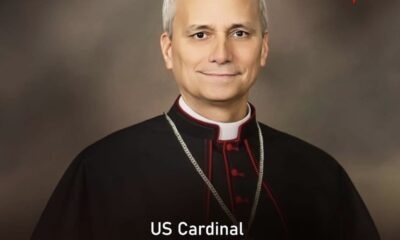
 National News2 days ago
National News2 days agoPope Leo sacks prominent archbishop, appoints replacement
-

 Crime and Law1 day ago
Crime and Law1 day agoSuspected child traffickers nabbed, allegedly collected ₦800,000 for kidnapping
-

 Politics13 hours ago
Politics13 hours ago2027: It’s false, Atiku’s coalition yet to adopt ADC – Lukman
-
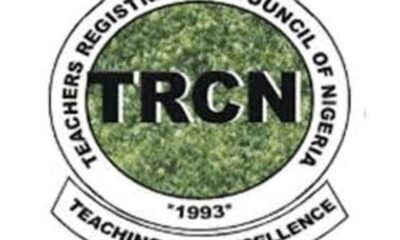
 Education2 days ago
Education2 days agoI resigned 9 months ago as TRCN Registrar – Ajiboye


